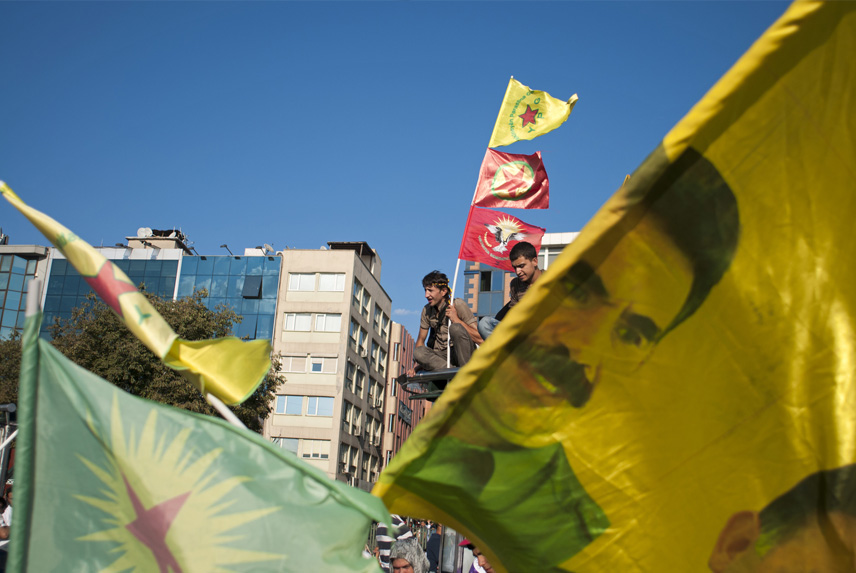
Posted On : Dec 15 2020
Kurdistan Workers` Party (PKK): A Decades-Long Struggle for Kurdish Autonomy
The Kurdistan Workers` Party, known by its Kurdish acronym PKK, is a militant organization with a complex history and a significant impact on the political and security landscape of the Middle East.

Founded in 1978, the PKK's primary goal has been to achieve Kurdish autonomy and cultural rights in Turkey, sparking a decades-long conflict. This article delves into the origins, ideology, actions, and international implications of the PKK.
The PKK was founded by Abdullah Öcalan in 1978, during a period of heightened Kurdish activism in Turkey. Öcalan emerged as the group's charismatic and influential leader, shaping the PKK's ideology and strategies. The organization officially began its armed struggle against the Turkish state in 1984, launching a protracted conflict.
The PKK's ideology is rooted in a blend of Kurdish nationalism, socialism, and Marxism-Leninism. The organization seeks to establish an independent Kurdish state or autonomous region within Turkey, where Kurds make up a significant minority. The PKK has historically advocated for armed struggle as the primary means to achieve its goals.
In addition to its political objectives, the PKK has also emphasized cultural rights and the preservation of Kurdish identity. It has been a central actor in raising awareness of Kurdish issues and advocating for linguistic and cultural rights for Kurds in Turkey.
The conflict between the PKK and the Turkish state has been marked by violence, insurgency, and military operations. Over the decades, thousands of lives have been lost on both sides, and civilians have borne the brunt of the suffering.
The PKK has used various tactics, including guerrilla warfare, bombings, and attacks on Turkish security forces, as well as political assassinations. The Turkish government has responded with military campaigns, arrests, and efforts to suppress the organization.
The PKK's activities have had regional and international implications. Turkey, the United States, the European Union, and other countries have designated the PKK as a terrorist organization. The conflict has strained Turkey's relations with its neighbors and raised concerns about regional stability.
Furthermore, the PKK's influence has extended to neighboring countries with Kurdish populations, such as Iraq and Syria. The group's affiliates and offshoots have played a significant role in these regions, further complicating regional dynamics.
Throughout its history, the PKK has engaged in several ceasefires and peace talks with the Turkish government. These efforts have led to temporary lulls in violence but have ultimately failed to achieve a lasting resolution to the conflict.
One of the most notable ceasefire attempts occurred in 2013 when negotiations led to a ceasefire declaration by the PKK. However, the ceasefire eventually collapsed in 2015, leading to renewed hostilities.
As of my last knowledge update in September 2021, the conflict between the PKK and Turkey persisted, with sporadic violence and clashes continuing in southeastern Turkey. The situation remains fluid and subject to change, influenced by political developments, regional dynamics, and international pressures.
The Kurdistan Workers' Party (PKK) remains a significant player in the complex and protracted Kurdish question in Turkey. Its history of violence, political activism, and deep-rooted ideology have shaped the trajectory of the Kurdish struggle for autonomy and cultural rights.
Efforts to find a peaceful and lasting resolution to the conflict have been elusive, despite numerous ceasefire attempts and negotiations. Achieving a comprehensive and equitable solution to the Kurdish issue in Turkey continues to be a challenging and pressing matter, with implications for regional stability and the broader Kurdish diaspora.
No Comments Added




















